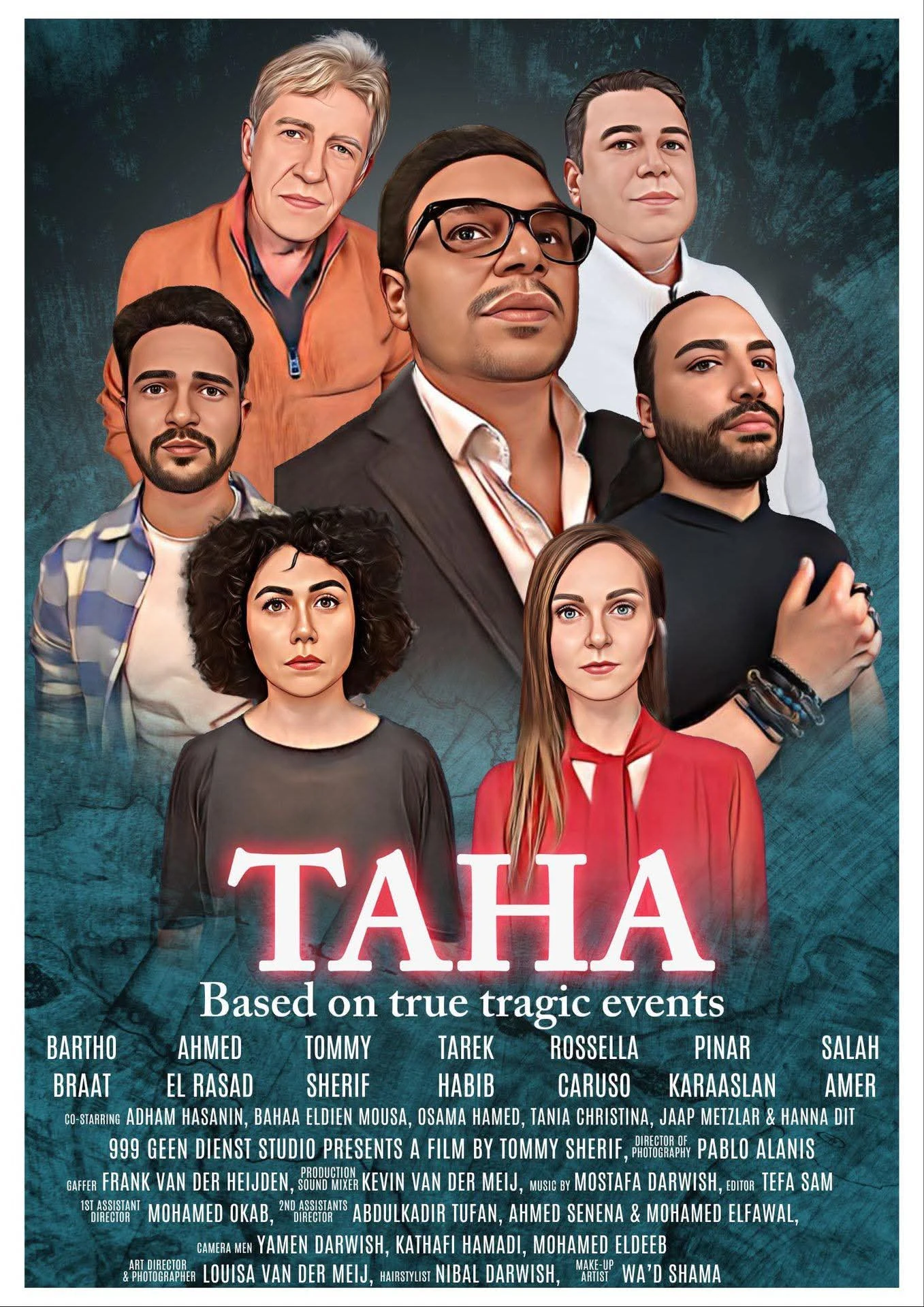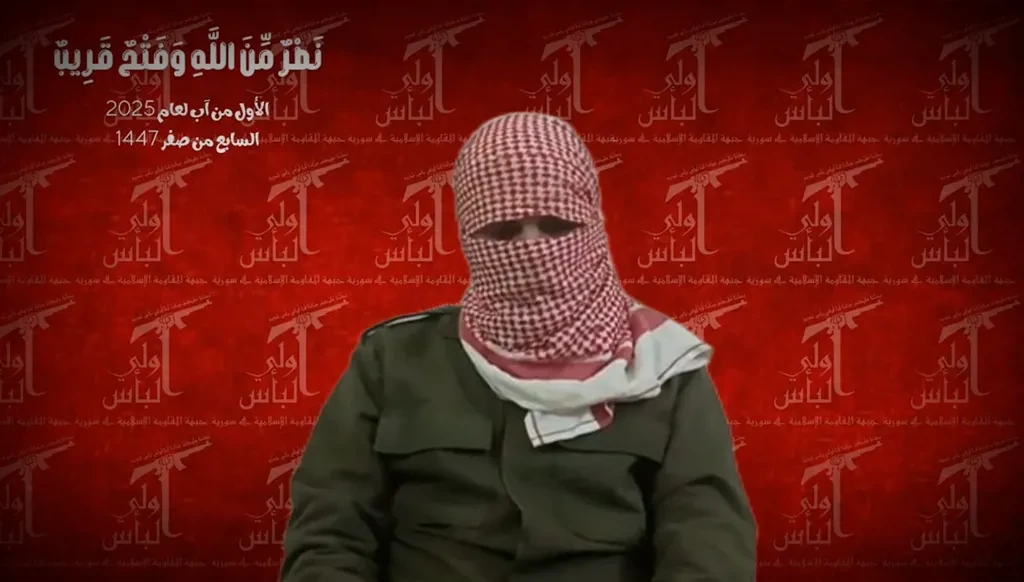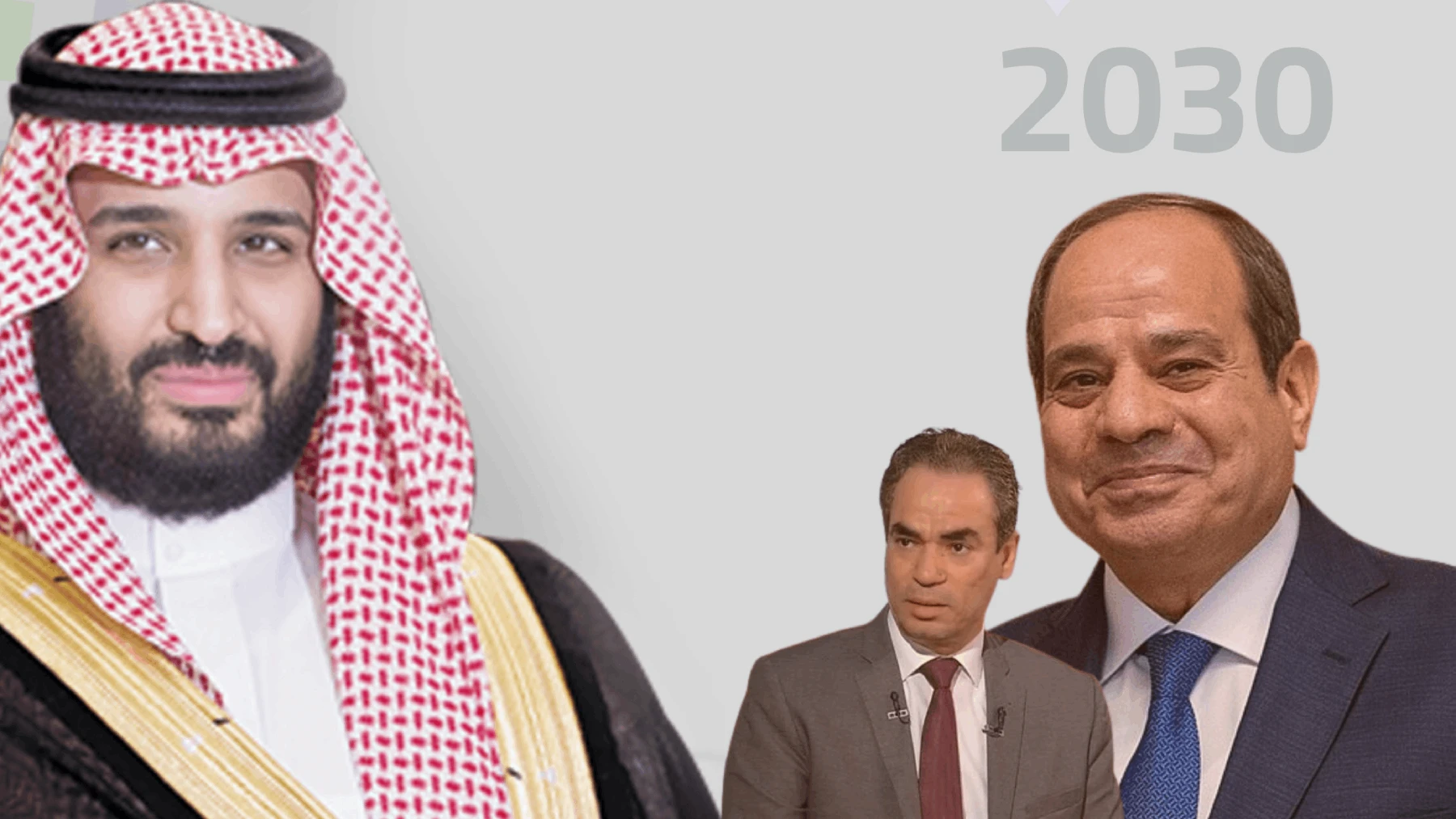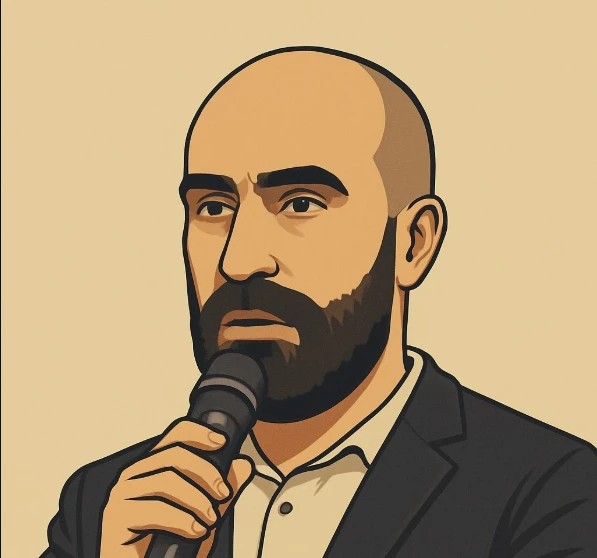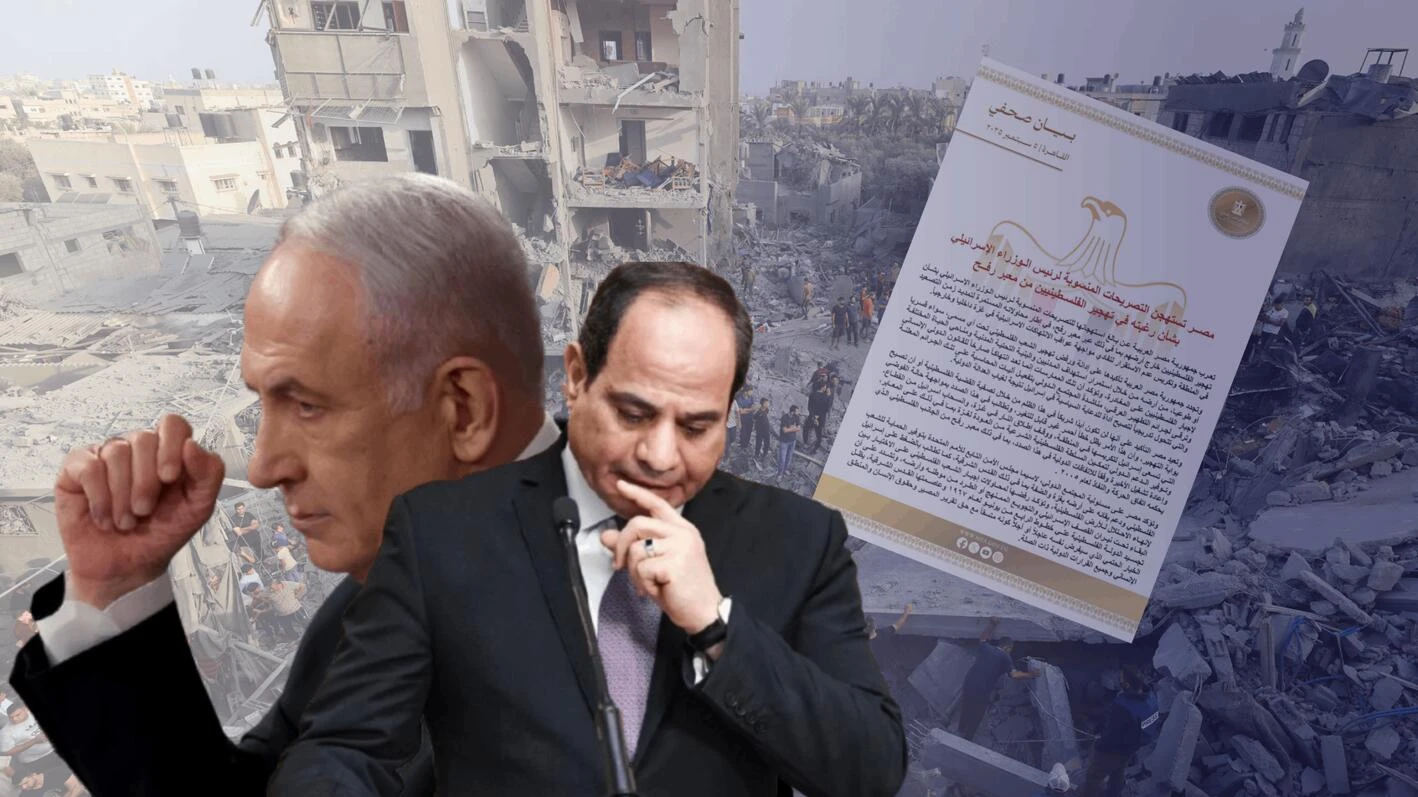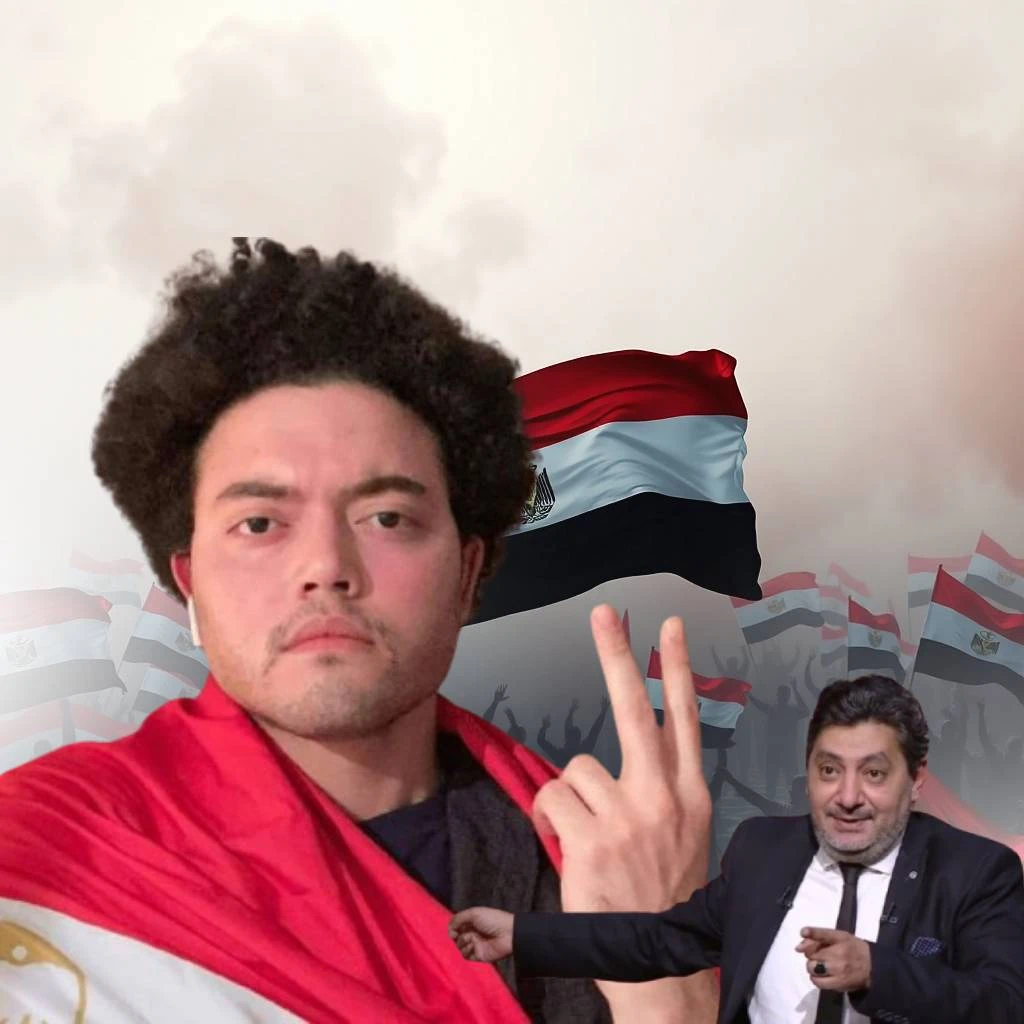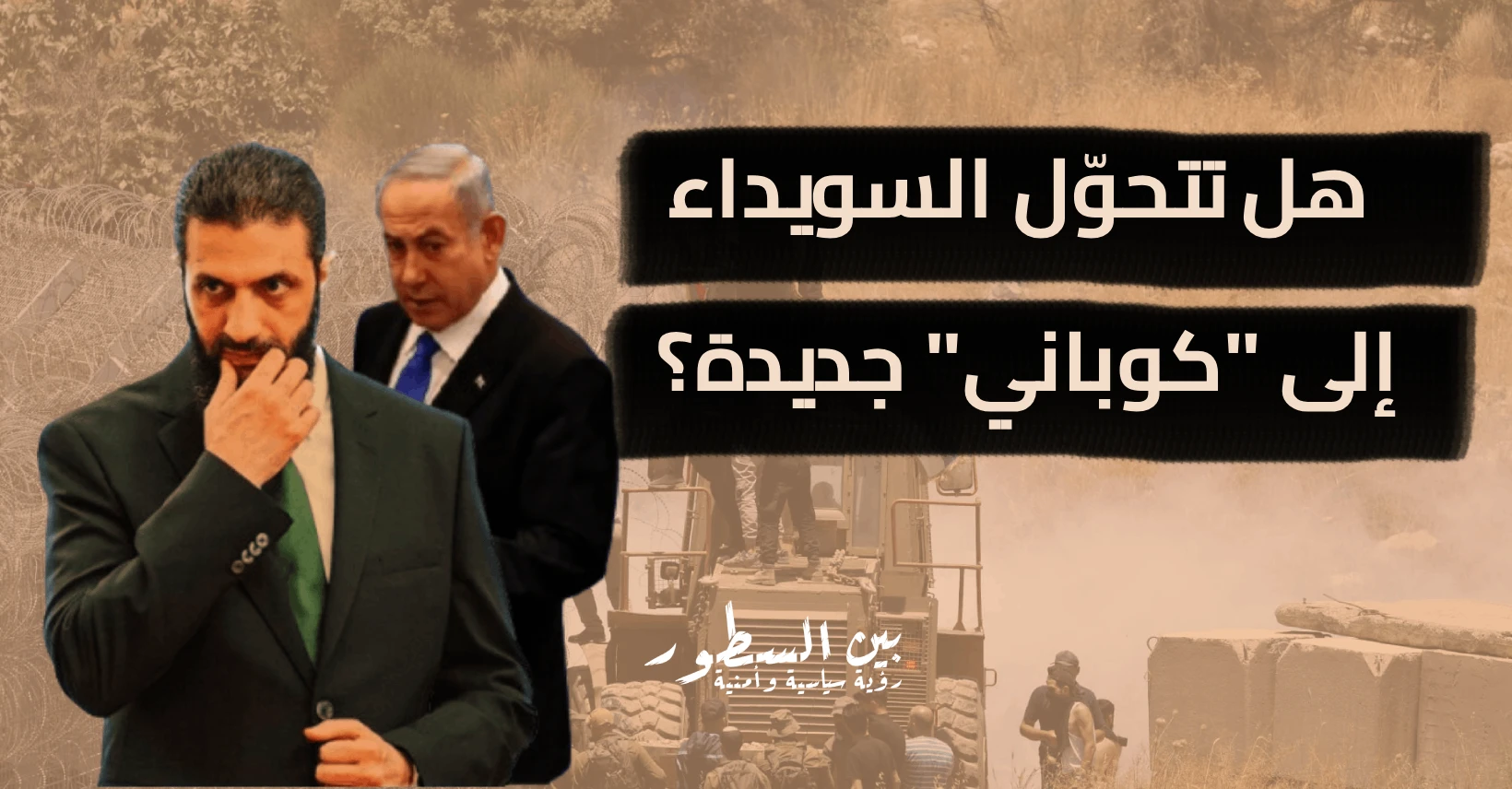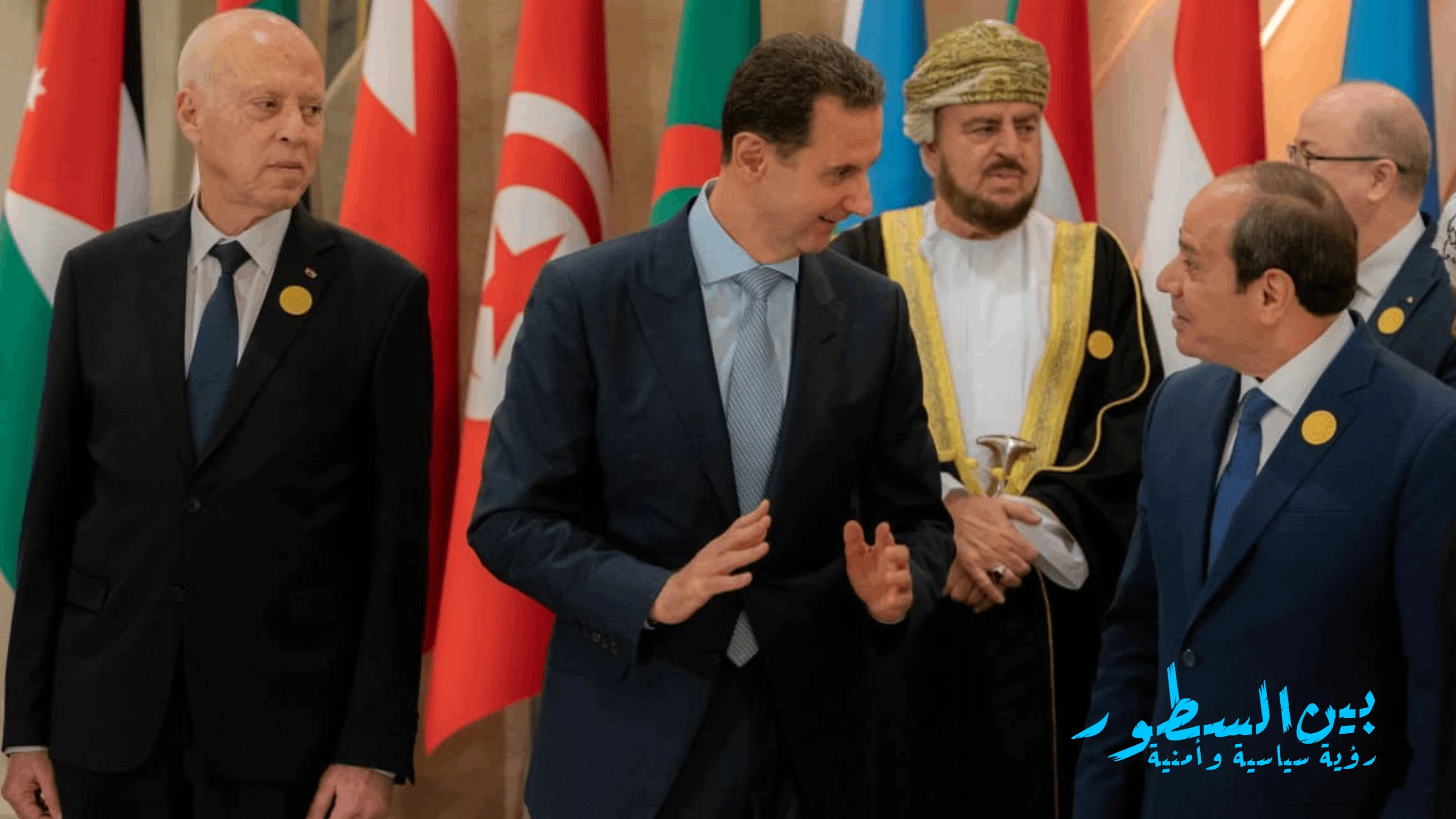Taha: An hour and a half of silence the opposition hasn't experienced in ten years.
This is an AI-generated English translation. The original text is in Arabic.
In politics, the Islamists, the leftists, and the "youth of the revolution" only sit in the same room to emerge with two contradictory statements.
But in "Taha", they sat in front of the camera, spoke with one voice, and presented us with a single story.
Perhaps for the first time since the military coup, the three currents converged, not in Tahrir Square, nor in a dialogue hall, but on a screen, narrating the same tragedy that shaped them individually and tore them apart as a group.
A mix we haven't seen since the square dispersed. In front of the camera, they returned to discuss the same calamity: the military coup, what it did to us, how it shattered our lives into pieces, and how that reflected on the fates of those who once carried the same dream.
The film, with an amateur budget but the boldness of professionals, did not present a story of a superhero or a direct political speech, but rather a small mirror of the scene of the Egyptian opposition in exile: characters bearing familiar faces, and conflicts that can resonate with any one of us, between escape and confrontation, between breaking and trying to piece together what remains.
"Taha" did what political conferences and Facebook pages failed to do: it brought together the different voices to talk about the same wound and confront it with themselves before their viewers.
It was not about understanding or "national unity," but about acknowledging that the fracture is the same, and the fate is the same, even if the ideas we once raised differed.
The film bluntly hints at the Egyptian security's blackmail of opponents abroad through their families at home, and the doubts these practices sow within the diaspora, and how the division was not always solely due to the authority, but also due to our own actions.
At one moment, as you follow the harsh scenes, you realize that "Taha" is not just a film about refugees, but a visual lesson in politics: that the united front we failed to build on the ground can be formed â even if for an hour and a half â on a screen.
"Taha" lays all this on the table without attempts at beautification or diplomacy. It is a film that puts everyone in the dock, before their audience and before themselves, and reminds us of the phrase we do not like to hear: I was eaten the day the white bull was eaten.
Perhaps the film will not change the course of the Egyptian opposition, but it leaves us with a question that haunts us after the lights dim:
If art was able to unite us for an hour and a half without us fighting, what prevents us outside of it?
In the end⦠"Taha" did not bring the factions together because they suddenly agreed, nor because they decided to forgive each other, but because the camera cannot interrupt, and the editing does not allow for bidding. Perhaps that is why it was the only possible agreement⦠on screen, under the light, and between two scenes. As for in tangible reality, we will return tomorrow to eat the remaining bull⦠if there is any left.

